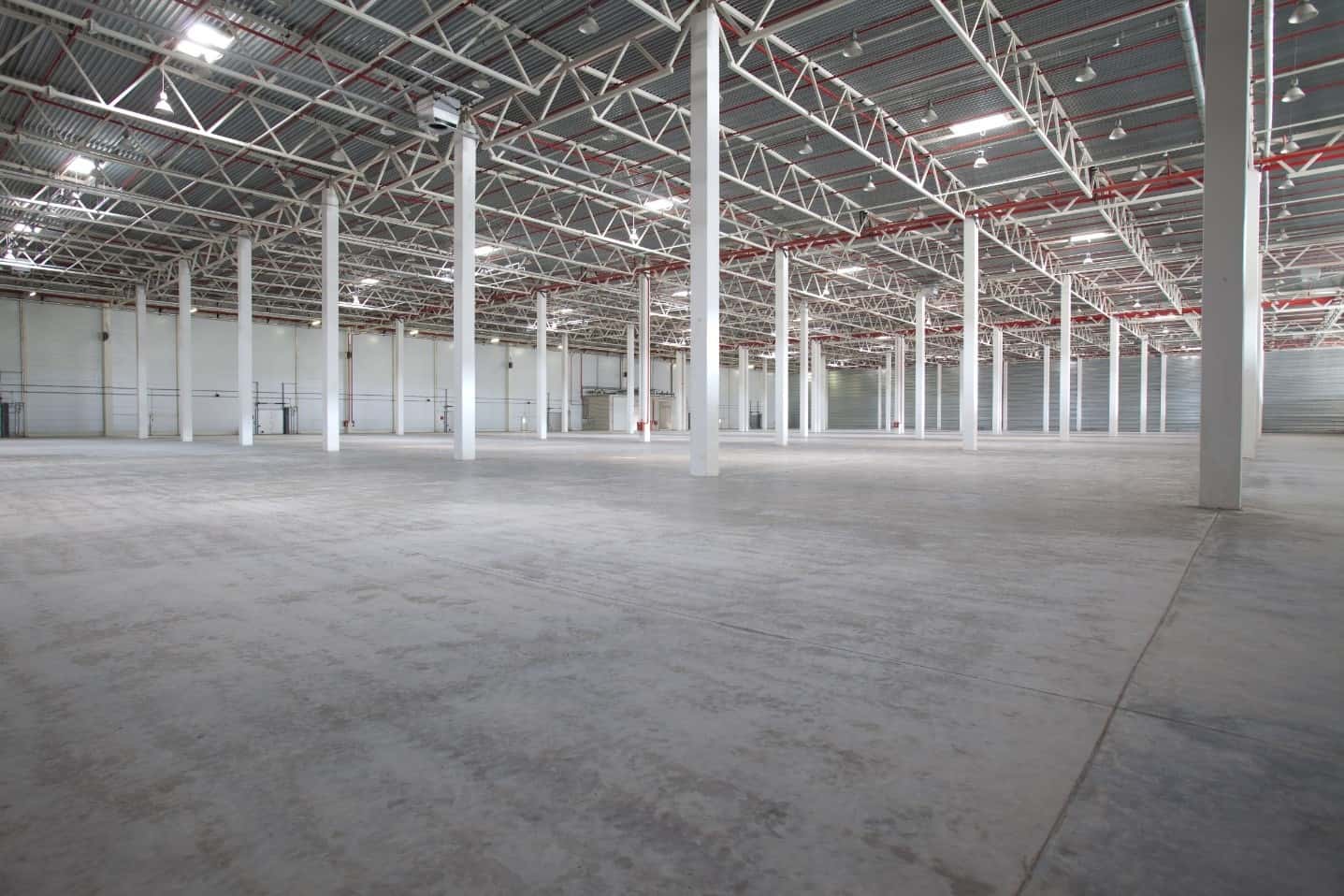
General commercial contracting requires the services of an experienced professional commercial contractor in Houston.
There are many pre-construction requirements that need to be discussed and planned between the commercial contractor, architect, and owner.
These project development specifications will determine the scope of work for the management and administrative tasks for the execution of construction.
Much like any type of major construction project, the process is long and complicated with many moving parts.
From design through contracts, the pre-construction phase creates the playbook for developing the project.
Getting the local permitting authority involved early in the process will provide some assurance that the project parameters are realistic and attainable.
The size of the commercial construction project will determine how elaborate the planning resources will be.
This is why it is important to have a professional helm the entire activity, right from the planning stage to the certificate of occupancy of the property.
Such a professional is called a commercial general contractor who has the requisite experience, expertise, and professional standing to oversee the process.
These builders are also known as prime contractors, commercial contractors, commercial builders as well as general commercial contractors.
The commercial contractor can be an individual or a company that takes control of the project from the word go and executes it as per the plan, budget, timelines, and quality specifications.
Learn about the construction administration and management responsibilities of commercial contractors
For any new construction, such as new construction in Houston, the general contractor needs to plan and execute a host of activities as follows:
- Prepare the basic plan and structural drawing in association with the designer and architect
- Choose the subcontractors and procurement and materials from them
- Oversee construction and vendor management
- Complete and comply with all the regulatory formalities
- Obtain licenses, insurance, and necessary permissions for the project
- Liaise with the project owner to manage the flow of finances for paying the subcontractors and other vendors
General contractors are responsible for managing the entire construction process encompassing activities related to electrical and plumbing works, civil works, exterior and interior decoration, landscaping, flooring, roofing, installing HVAC and safety equipment, etc.
You may read our builder’s resource on commercial construction services to understand the nitty-gritty involved in such a construction.
Functions of commercial contractors for commercial contracting
As mentioned above, general contractors are the go-to persons for project owners and other stakeholders for any construction-related activity.
Commercial contracting covers a gamut of activities right from the planning stage to final completion.
The various functions executed by general contractors for new ground up construction include:
Project planning:
The commercial contractor works with a large number of stakeholders who are divided into various teams.
These may include plumbers, masons, electricians, roofing experts, interior designers, landscaping experts, structural engineers, and others.
He needs to plan the range of activities to be conducted by each team in each phase of the construction process.
The general contractor has to estimate the cost of executing those activities and present the same to the project owner for financing.
The planning stage is important, for it breaks the whole project into small, manageable phases.
Timelines are allotted for these phased activities to ensure work efficiency and to keep the project on track.
Essentially the contractor visually builds out the project on paper using tools such as PERT charts, subcontractor and suppliers’ bids, capturing lead times on specially fabricated materials and orders the relevant pre-engineering required for heavy lifting rigging, manpower transports, scaffolding, and special formwork.
After the plan of activities is communicated to the respective teams, the contractors review the progress of work. This is important to find out whether the team is working as per the schedule and quality specifications.
In case there are deviations, the general contractor ensures they are addressed to the satisfaction of everyone.
Thus, the plan should be properly delineated for everyone to understand and follow to the letter.
Clarity is important to facilitate efficiency and minimize the chances of rework. Further, you may read our blog on general contractors, their types, responsibilities, and the process to select them.
Management of human resources:
Since commercial contractors are responsible for human resources involved in the project, their management becomes a key responsibility.
It is they who are responsible for selecting and assigning various construction professionals from the planning and bidding stage.
For instance, in the design build construction model, they are responsible for selecting the architects, designers, and/or structural engineers, and overseeing the preparation of the construction documents.
They assign the structural engineers the task of designing the structural details and drawings for any construction project and doing all calculations.
They even appoint architects to finalize the shape, appearance, and elevation profiles of the new construction project.
They entrust the task of documenting all plans and designs for construction purposes to a concerned person.
After the completion of the pre-construction activities, the contractor gets down to selecting the subcontractors, vendors, construction supervisors, workers, and others to proceed with the project.
Besides, they work towards obtaining legal compliance for the necessary building regulations applicable to the worksite.
Safety is an important consideration for any construction project given the presence of materials and equipment on the site.
The commercial builder is responsible for implementing all safety features to prevent any untoward incident.
He may entrust the job to a safety expert who can issue guidelines and create safe working conditions for everyone.
The commercial contractor is responsible for arranging various types of construction equipment and allied machinery and ensuring they work to their optimum.
The commercial builders oversee whether proper safety instructions have been issued to the workers and are followed as well.
Management of subcontractors:
The actual general contracting activities are done by the subcontractors based on their expertise.
The general contractor’s role is to identify the subcontractors specialized in a specific area and hire them for the project.
Thereafter, the builder explains and assigns the subcontractors their portion of the work and supervises them. The supervision of work ensures the subcontractors complete the assigned work within the expected timelines and quality specifications.
Besides, the contractor arranges for the payment of the subcontractors in various phases after the completion of their assigned work.
Importantly, the commercial builders arrange for the inspection of the building property during various stages of construction to ensure everything is done as per the construction documents and relevant building codes.
The inspectors, in turn, oversee the construction, measure specifications, and suggest changes, if needed.
They prepare reports that are of help in complying with legal requirements. Since the general contractor is entrusted with so many responsibilities and ensures the commercial property is completed as per the quality metrics, budget, and timelines, it is important to select the right one.
View our video to know the kind of questions you should ask any shortlisted general contractors before hiring.
Management of finances:
Any commercial construction project involves a substantial sum of money, which needs to be accounted for. The commercial contractor entrusted with building the property ensures the proper management of finances by taking care of aspects like accounting and bookkeeping functions.
And should the construction project be large, the commercial contractor may appoint a team of experts to control and manage the flow of finances.
The team may consist of finance auditors, accountants, and cost and work auditors. If finances are tracked properly, the cost-effectiveness of the project increases, and timelines adhere to.
Timelines and finances have a direct relationship with the cost of a project. Due to the fact that most projects are financed with temporary construction loans at higher interest rates until completed, the longer the project takes, the greater amount on interest expense.
Supply-chain management:
Any large construction project entails the movement of men, materials, and equipment within the scheduled time to ensure the smooth progress of the project.
The job of the commercial contractor is to oversee logistics and supply chain management.
He or she may engage a professional team of experts who would plan and execute the procurement process so that everything runs without any hindrance.
The commercial builder needs to keep a tab on the suppliers or vendors and ensure they supply materials of the right quality specifications and quantity within the scheduled time.
Also, in the event of any bottlenecks or issues involving the suppliers, the commercial builder should be in a position to get things from a trusted alternative source.
Communication management:
The commercial builder should have a robust line of communication where every bit of information is conveyed to the stakeholders in time.
This is important as proper communication is the key to keeping the project running as per the schedule and other metrics.
Moreover, since the project owner depends on the commercial contractor to know about the progress of the project, he should keep a tab of every activity going on at the site and off it.
Quality management:
The construction project should use the best quality material to ensure its stability and durability. This helps in reducing the cost of maintenance or rework later.
General contractors should ensure the materials are sourced from reliable suppliers, and the inspector or quality control officer visits the property at regular intervals and verifies whether regulatory standards and building laws have been adhered to.
Managing disputes:
Since the construction activity involves a large number of stakeholders, there are chances of disputes arising between teams, third parties, vendors, construction workers, or even with the project owner.
The commercial builder should handle any dispute fairly and professionally. In fact, the contractor should have set up preventive measures or a mechanism in place so that any dispute is nipped in the bud. It will help to keep the progress of the project on the right track.
Conclusion
General contracting in Houston has significant activity tasks in the commercial construction process involving many players. The general commercial contractor should have the necessary skills and knowledge to manage every aspect of the project and deliver the goods.
So, it is important to choose a commercial builder of the right caliber and see the completion of your project without hiccups. To know more about the role of commercial contractors, you may read a blog.












